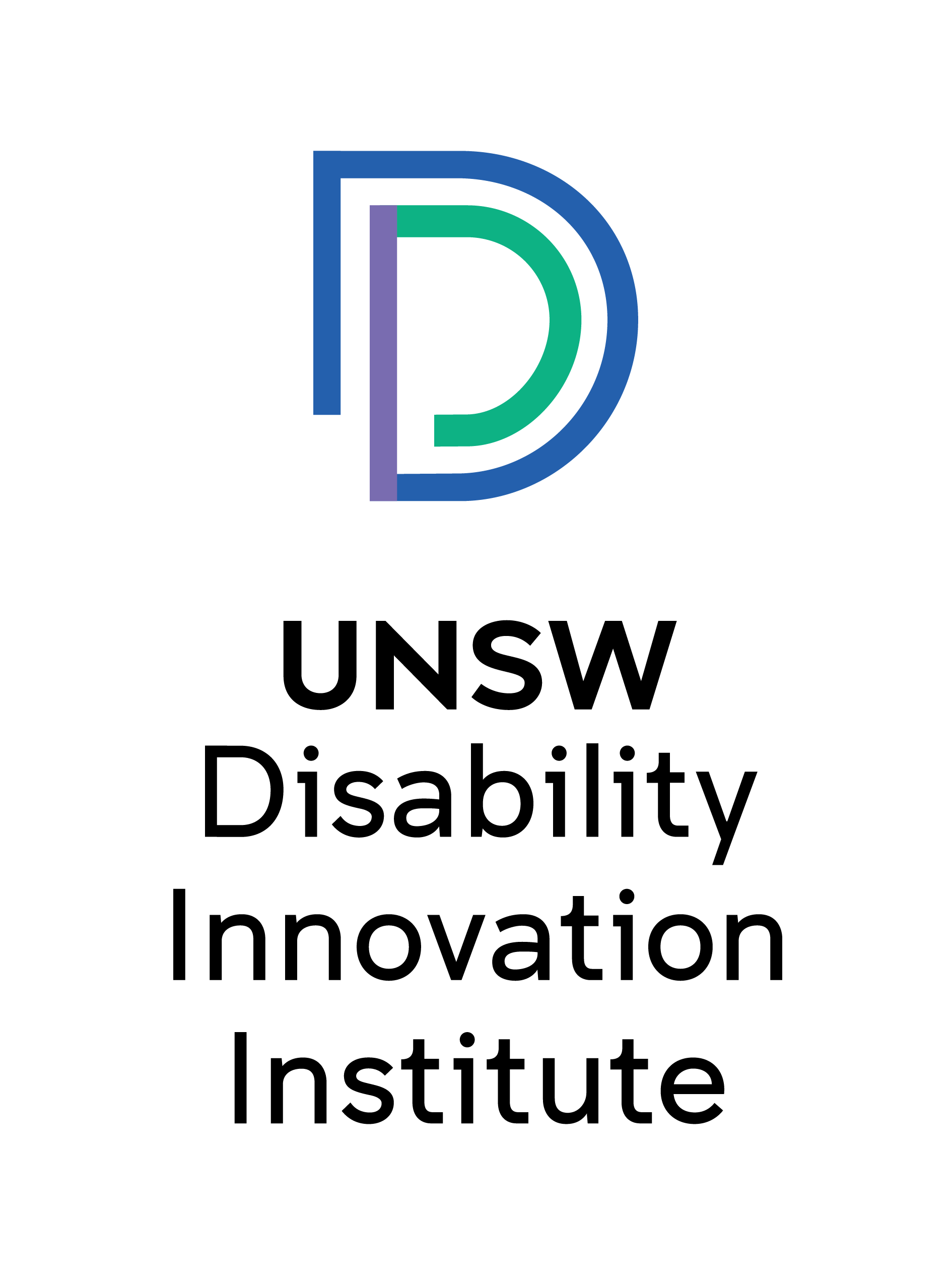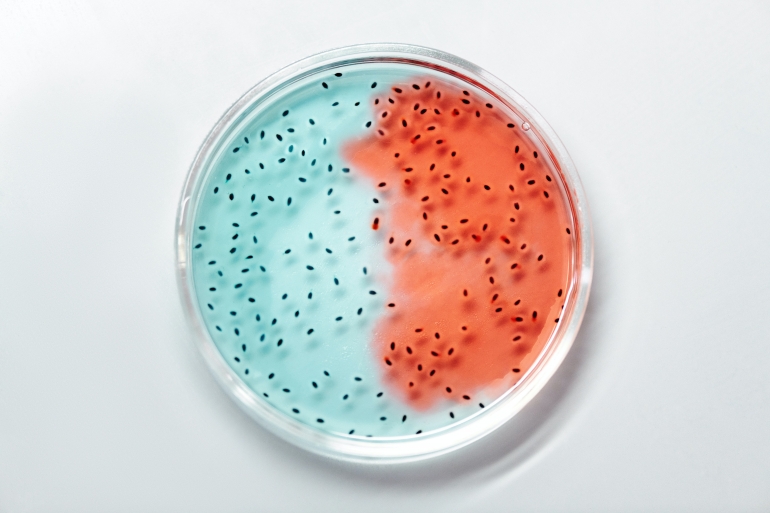The DIIU’s new research project, funded by the NSW Ministry of Health, brings our expertise in inclusive methods to an emerging area of interest: genomic healthcare and disability.
We now have an increasing body of knowledge about the genetic causes of some forms of intellectual disability, and in fact genetic testing for intellectual disability is being integrated into health services across NSW and is funded by Medicare. Despite this, there has been next to no research into how people with intellectual disability experience genetic testing services. Astonishingly there are no relevant educational resources specifically designed to inform people with intellectual disability about their options anywhere in the world, nor does current genetics training in Australia address how to provide disability inclusive genetic counselling.
This is a profound failure of healthcare accessibility and equity. Given that there are over 400,000 Australians with intellectual disability it is likely to affect a significant number of families, and is particularly worrying given the evidence that non-inclusive models of healthcare result in much worse outcomes for people with disability.
We have designed this project to fill a gap in knowledge and to enable the development of a more inclusive model of genomic healthcare. Ultimately, through interviews and focus groups with adults with intellectual disability, we aim to gather evidence on how people with intellectual disability experience genetic testing and counselling, identify gaps in resources, and identify ways to support a more inclusive approach.
The project is led by the DIIU’s Professor Iva Strnadová with support from DIIU's Director, and by Dr Emma Palmer, clinical geneticist at Sydney Children’s Hospital Network and clinical lecturer at UNSW’s School of Women’s and Children’s Health; Jackie Boyle, senior genetic counsellor from the Genetics of Learning Disability Service of NSW Health; and Julie Loblinzk, adjunct lecturer at UNSW.
The project is innovative not just in terms of the issue it addresses, but because it will use strongly disability-inclusive research methods, using co-design and co-production principles and including a co-researcher with intellectual disability as a member of the research team. We will use inclusive interviews and focus groups to explore people’s views, and combine these with advisory workshops with key stakeholders to ensure maximum relevance and impact.
Photo by Edward Jenner from Pexels


